Alfa Laval introduces E-PowerPack ORC waste heat recovery system for ships
Green Car Congress
MARCH 13, 2022
Alfa Laval is introducing the E-PowerPack waste heat recovery system for ships. Able to convert waste heat directly into electrical power, the E-PowerPack uses Organic Rankine Cycle (ORC) technology to reduce ship fuel consumption and CO 2 emissions. The basic principle of an ORC system can be thought of as the opposite of a heat pump.

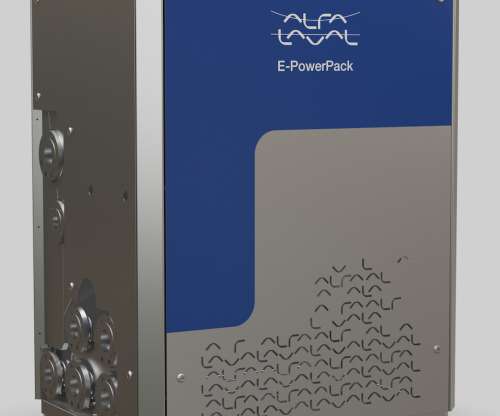
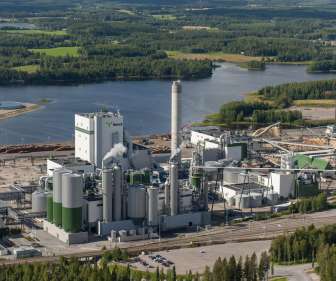
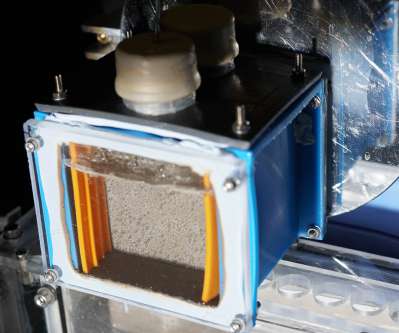







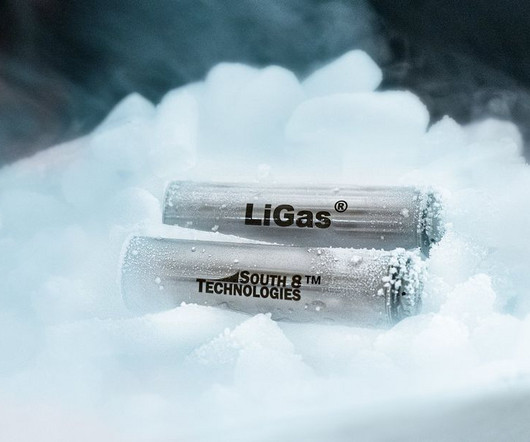








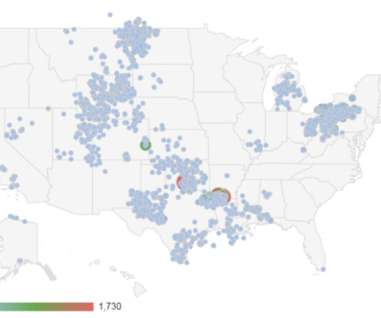
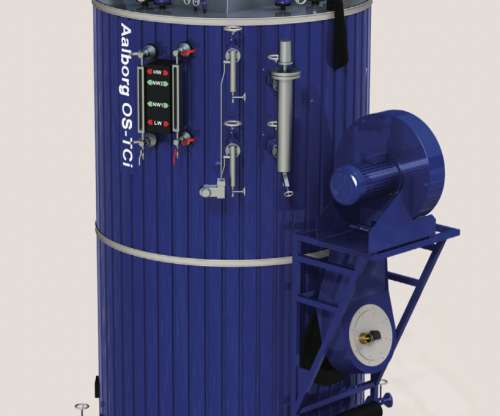

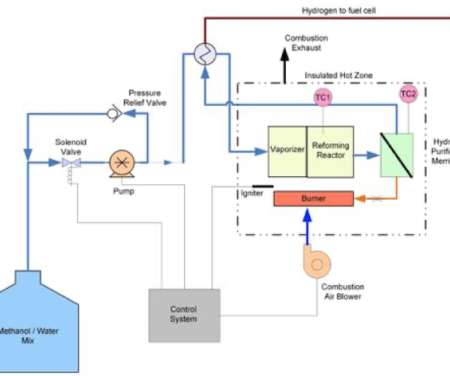
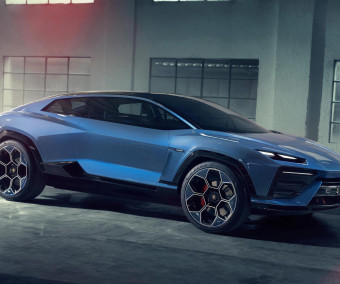
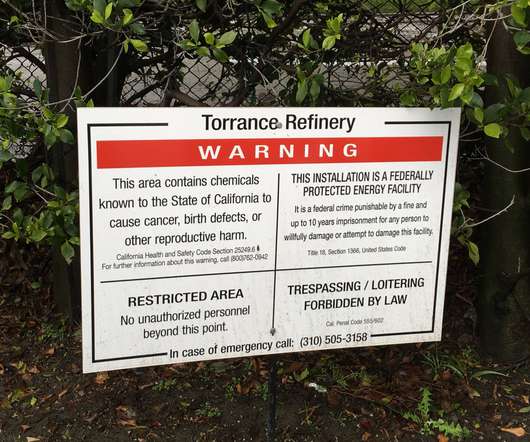


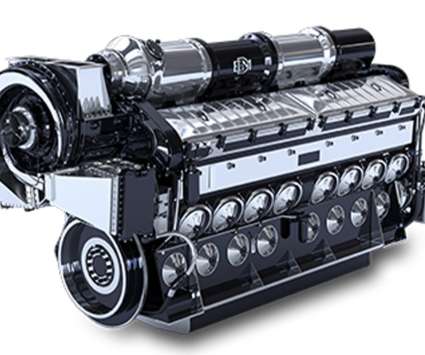

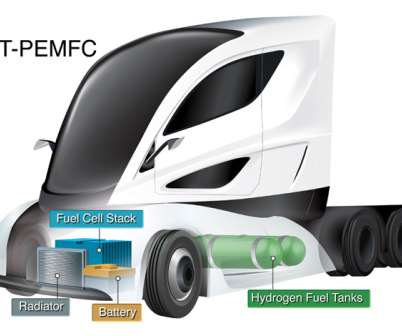


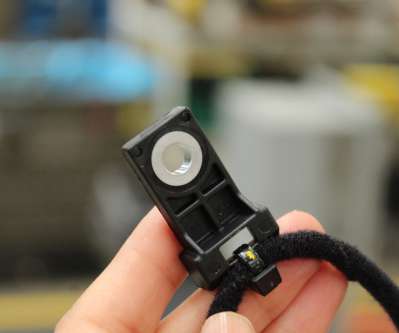

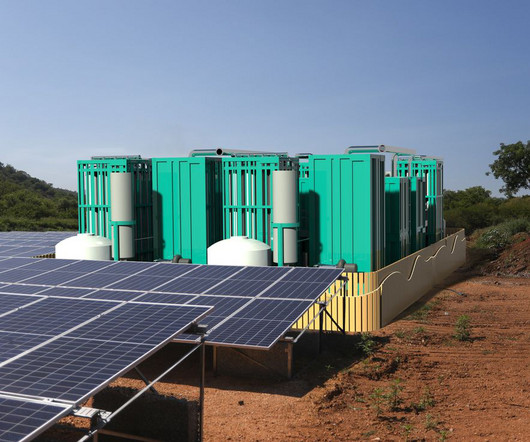

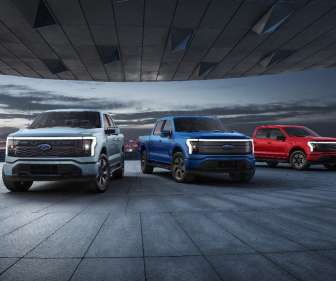







Let's personalize your content